Catalonia’s ex-leader softens tone on secession, says other solutions possible
Former president of Spain’s Catalonia region, who ran a controversial campaign for independence last month before going to self-imposed exile in Belgium, has softened his tone on the drive, saying he may accept a non-secessionist solution to the crisis sparked by the referendum vote.
“I‘m ready, and have always been ready, to accept the reality of another relationship with Spain ... It (another solution) is still possible,” Carles Puigdemont said in an interview published Monday in Belgian daily Le Soir.
Puigdemont said a non-secessionist option was actually on the table to resolve the political standoff that began in Spain after his declaration of independence on October 27.
Following the declaration, the Spanish government fired Puigdemont’s cabinet, dissolved the regional parliament, took over control of Catalonia and called new elections for December.
The former leader said there could be other ways for Catalonia to remain anchored to Spain, but did not elaborate what form such a relationship could take.
“I have, being pro-independence all my life, worked for 30 years to have another way of Catalonia being anchored to Spain,” he said in the interview, which was posted on his Twitter account.
Puigdemont and four former members of his cabinet, who are with him in Belgium, await extradition to Spain. They face charges of rebellion and sedition. Puigdemont is under conditional release until next week when he is scheduled to appear at a hearing in Brussels on Spain’s extradition request.
His new remarks about a non-secessionist solution to Catalonia’s crisis comes against the backdrop of reports that suggest two main pro-independence parties in the northeastern region have failed to join an alliance with other secessionist parties in the December 21 elections.
Opinion polls suggest supporters of independence would win the vote if they unite although they would still be short of a parliamentary majority to trigger a fresh independence push.
Netanyahu not invited to Trump’s inauguration, aide says
Jan. 9: ‘Axis of Resistance’ operations against Israeli occupation
VIDEO | Press TV's news headlines
Gaza death toll 40% higher than recorded, Lancet study estimates
VIDEO | Lebanon elects new president
Scores killed as US, Turkish proxies clash in northern Syria
At least 5 dead as wildfires devour districts across Los Angeles
VIDEO | Press TV's news headlines


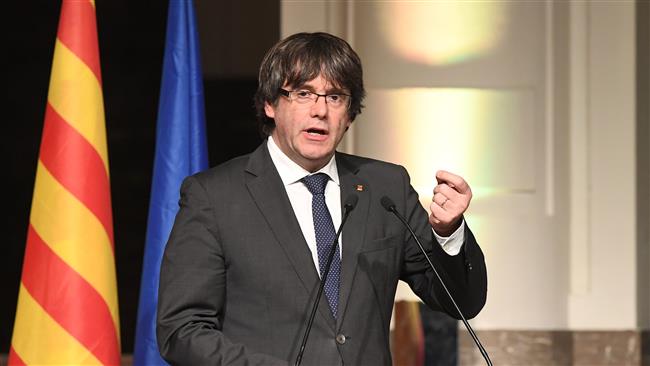
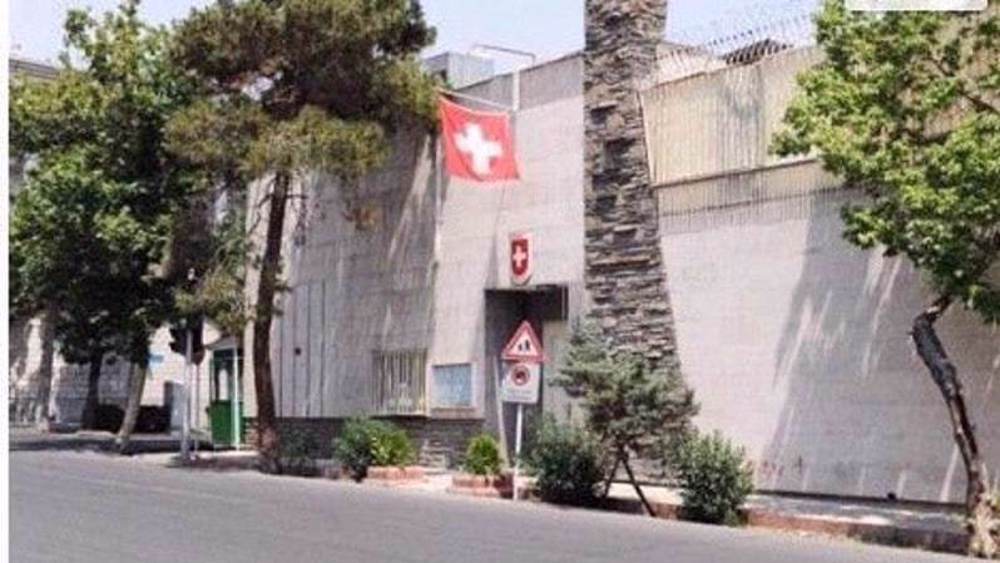





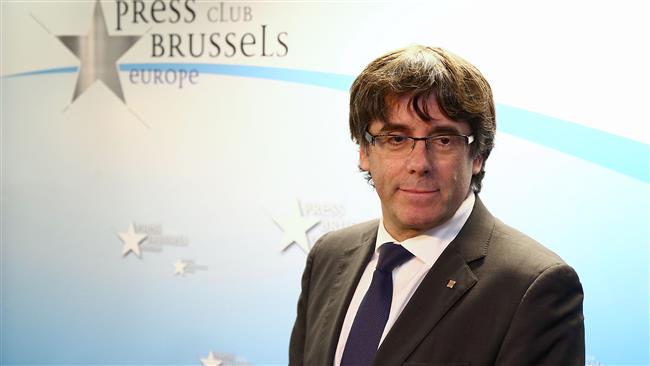
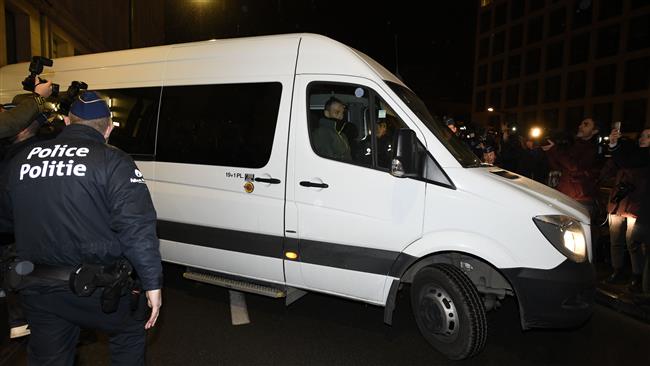
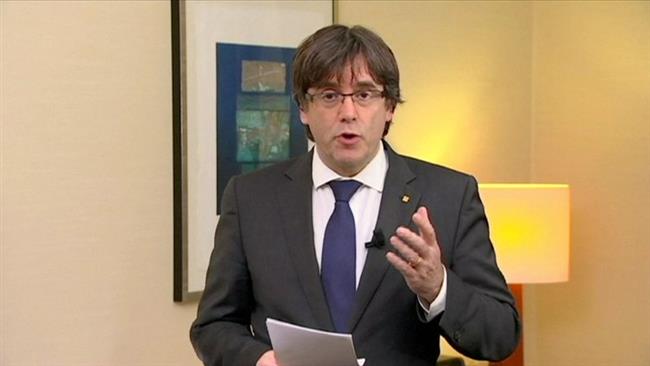

 This makes it easy to access the Press TV website
This makes it easy to access the Press TV website